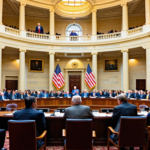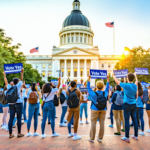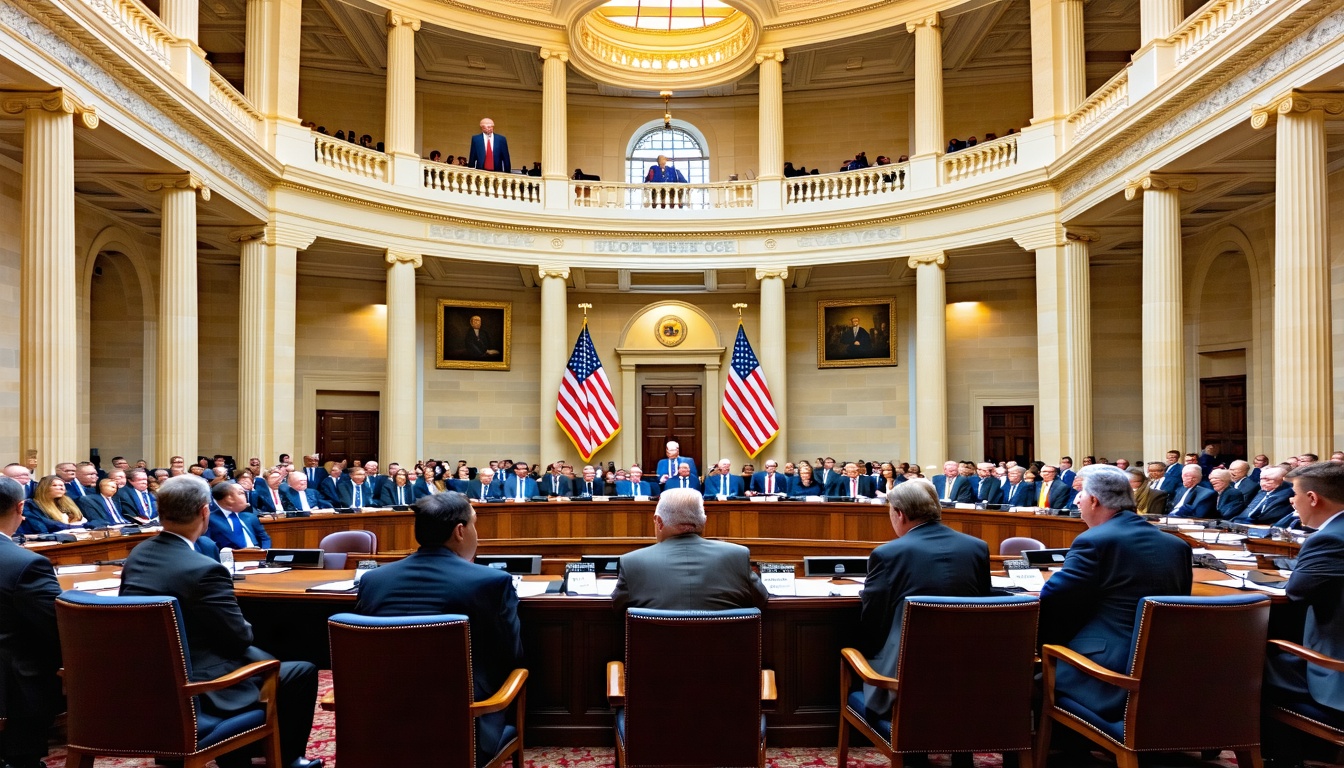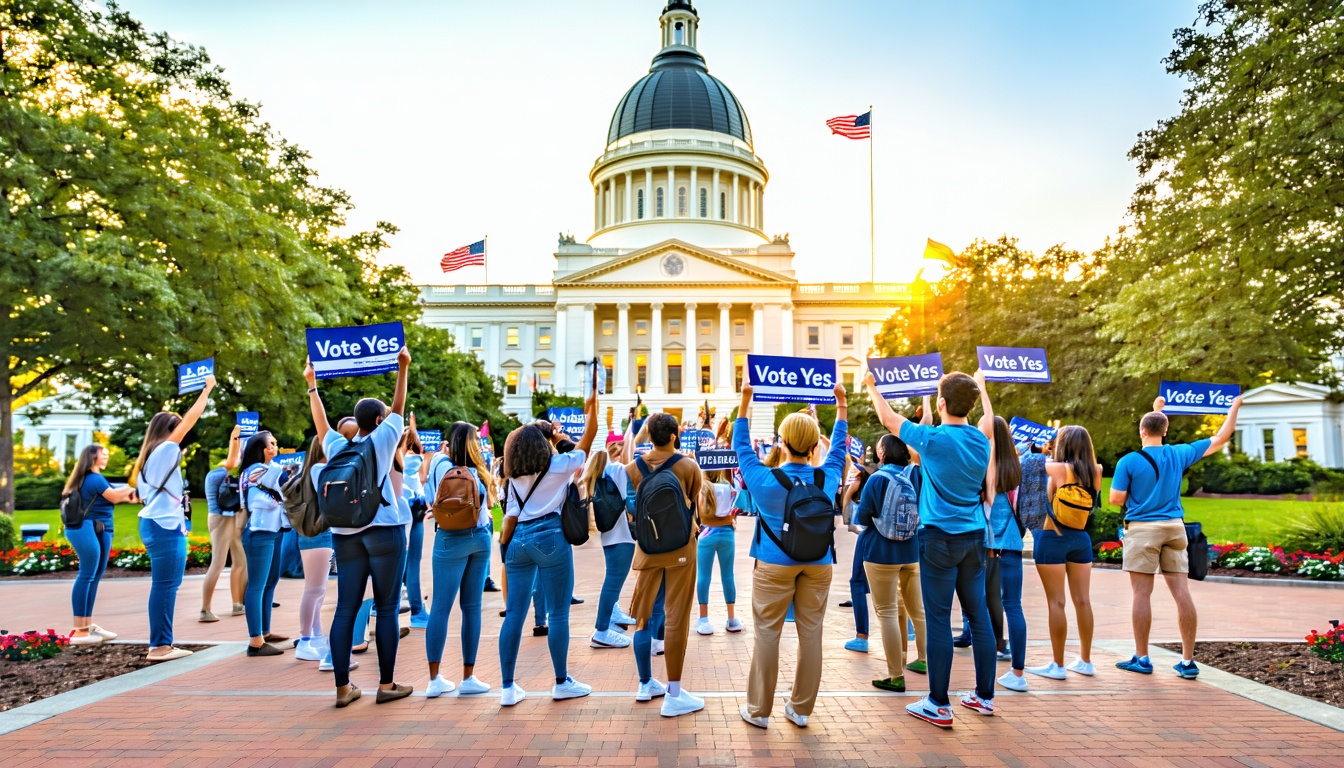For the first time in history, both major party presidential nominees have expressed support for some form of marijuana legalization. This aligns with public opinion, as a record 70% of Americans believe the drug should be legal. With 24 states and the District of Columbia already allowing recreational use, the question is no longer whether marijuana should be legal, but what comes next.
As the number of marijuana users continues to rise, concerns about the drug’s harmful effects are growing. According to the journal Addiction, the number of Americans reporting daily or near-daily cannabis use has increased 15-fold in the past 30 years. This surge in consumption has led to a range of negative consequences, including addiction, impaired motor skills, and increased risk of heart attack and stroke.
Despite the belief that marijuana is a safe product due to its medicinal properties, hundreds of scientific studies have documented its short- and long-term dangers. The drug contains a psychoactive substance that can disrupt the brain’s reward system, leading to pleasurable sensations, but also impairs motor skills, slows reaction time, and distorts judgment.
The next president must address these concerns and develop strategies to reduce the harms associated with marijuana use. This includes funding research into a cannabis breathalyzer, enforcing impaired driving laws, and addressing the growing addiction crisis. The president must also acknowledge the negative health effects of marijuana use, including addiction, heart disease, and cancer, and develop a national educational campaign to inform the public about these risks.
Furthermore, the president must take steps to protect Americans from secondhand marijuana smoke, which can pose health risks similar to those associated with secondhand tobacco smoke. The American Lung Association has called for ordinances to protect Americans from inhaling secondhand marijuana smoke, and federal officials must use their authority to reduce the harms associated with marijuana use.
Ultimately, while decriminalization may be a preferable option, the reality is that recreational marijuana use is a genie that cannot be put back in the bottle. The healthcare system must prepare for the consequences of this trend, and federal officials must use their authority to reduce the harms associated with marijuana use, not only for users but also for those affected by their choice.












